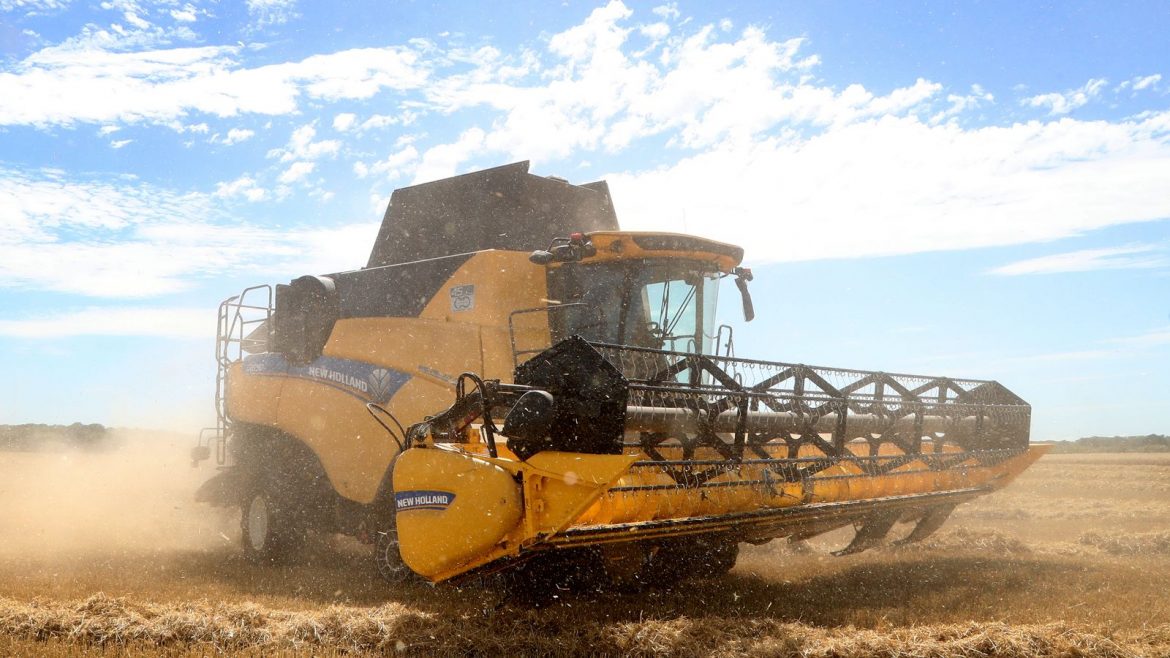Latest reports suggest that prehistoric plant DNA is being dug up from deep below the Arctic to see if it can assist modern-day crops cope with the effects of climate change.
According to reports, researchers from Heriot-Watt University in Edinburgh are currently working with European scientists to analyse microbes from the palaeolithic period, when, like today, the planet was becoming warmer.
The university team has been awarded £500,000 by Horizon Europe, a European Union scientific research initiative, to spend four years examining ancient soil samples extracted from deep below the Arctic under a project named Tolerate.
Dr Ross Alexander, a plant molecular biologist at Heriot-Watt, said researchers were “using samples from the palaeolithic period, around 100-200,000 years ago, because the planet was warming then, much like now”. The aim, he said, was “to find out whether the plants, soil and bacteria of the past can help our current crops survive in a rapidly changing planet”.
Read also: Azerbaijan: Cop29 summit will call for peace between warring states
He said: “Drought is a particular concern for crops around the world,”. “According to the latest report of the European Drought Observatory, 47% of the EU is in warning conditions and 17% is in alert conditions. Cereal yields are decreasing by as much as 10% in some areas.”
The Heriot-Watt team will test samples taken by scientists at the Alfred Wegener Institute in Germany, to see if the ancient DNA can help present-day bacteria support plants when water is scarce.
Story was adapted from Sky News.
